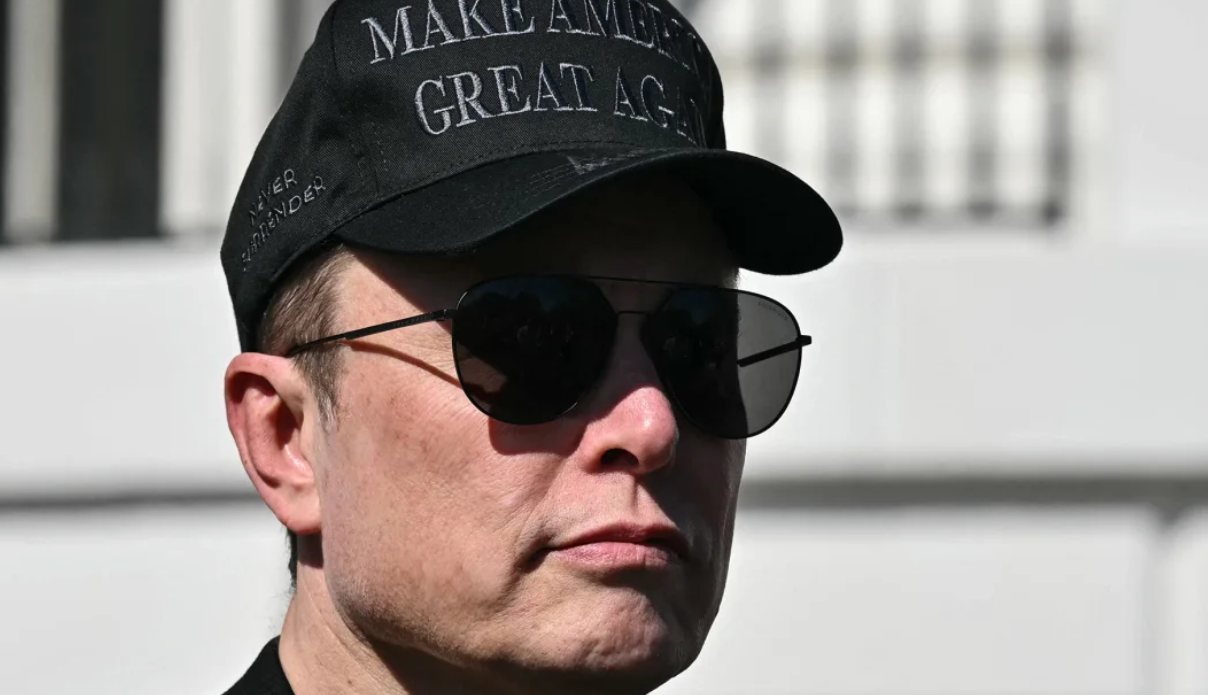Elon Musk seems to be everywhere these days, except where he’s needed most: leading his struggling electric vehicle company.
Tesla has been the worst-performing stock in the S&P 500 this year, with sales declining globally. The U.S. resale market for Tesla cars is also in trouble. The company’s militaristic Cybertruck is facing a recall due to an issue with an exterior panel that could fall off while driving. Moreover, an analysis found that about $1.4 billion has seemingly vanished from Tesla’s balance sheet.
Tesla’s brand identity is also in flux. Once a symbol of pride for progressive, environmentally-conscious consumers, the company is now increasingly associated with the authoritarian right wing.
Investors, even those who have been Tesla’s most dedicated supporters, are growing impatient.
On Thursday, Wall Street’s top Tesla analyst urged Musk and the company’s board to speak up and take action to address the situation. In a note to clients, Wedbush Securities analyst Dan Ives said, “Tesla is going through a crisis, and there is one person who can fix it … Musk. Tesla is Musk, and Musk is Tesla. They are inseparable.”
Where is Elon Musk, the boss of Tesla?
Dan Ives, an analyst at Wedbush Securities, pointed out that Musk seems to be dedicating all his time to DOGE, rather than focusing on his role as Tesla’s CEO.
Another major investor, Ross Gerber of Gerber Kawasaki Wealth and Investment Management, criticized Musk, saying he is “completely neglecting Tesla” and suggested it’s time for the board to find a new CEO.
Tesla declined to comment on the situation when approached for a response.
Late Thursday, Musk addressed Tesla employees in a company-wide meeting broadcast on X. He acknowledged the challenging period Tesla is facing with its stock price and repeated his promise that the company is on track to achieve fully autonomous vehicles. He also encouraged employees to hold onto their stock.
It’s significant that even a long-time Tesla supporter like Ives is now openly criticizing Musk. Over the years, investors have tolerated Musk’s controversial behavior—such as his tweets, spreading misinformation during the pandemic, and aggressive public interactions with business partners. Investors overlooked these because Tesla had a clear lead in the market.
Though Musk has sometimes been unpredictable and childish in his outbursts, investors believed he would rise to the occasion when Tesla was in trouble. In 2018, when Tesla struggled with Model 3 production, Musk famously slept on the factory floor and worked tirelessly to meet production goals.
While Tesla remains the top EV maker in the U.S., it is losing market share both domestically and internationally. The company faces increased competition and has been criticized for not innovating enough, which has led to a significant drop in its stock value, losing half its worth since December.
Musk’s recent behavior, more aligned with his image as a “mad oligarch,” isn’t helping the situation. Public protests against him and Tesla are gaining traction, and social movements opposing Musk are creating additional risks for the company.
Moreover, high-profile endorsements for Tesla haven’t been enough to reverse its stock’s decline. Commerce Secretary Howard Lutnick made an open pitch for Tesla on Fox News, which may have violated government ethics rules, but it didn’t have much impact on the stock, which dropped 1.7% in premarket trading the following day. A rally later that day brought the stock up slightly.
Even former President Donald Trump, who has not been a supporter of electric vehicles in the past, gave Tesla a boost on the South Lawn, but the effect was short-lived, with shares only seeing a brief spike.
In the end, Musk’s massive wealth is tied to his 13% stake in Tesla. But as he focuses on his broader ambitions, particularly in Washington, it seems he is neglecting the company that made him famous and the world’s richest person.














